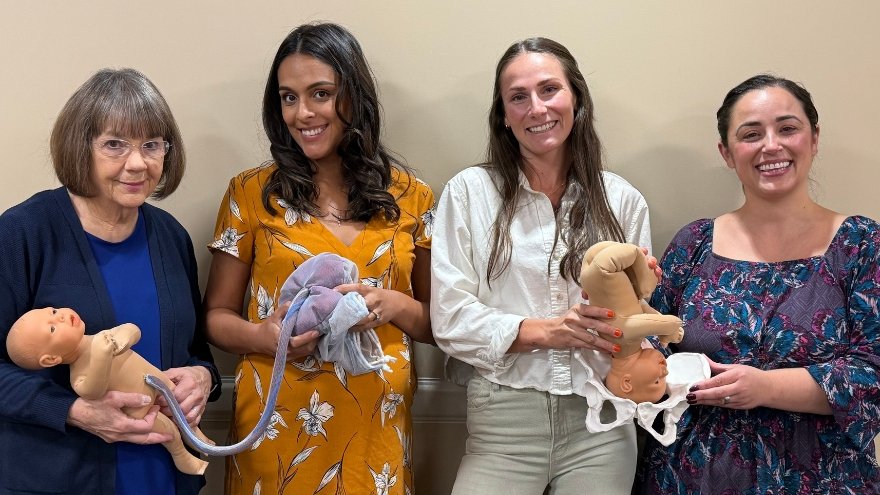

Vaccines are the best defense against measles, but what about protecting infants who are under one year old — the age at which most pediatricians recommend the measles, mumps and rubella (MMR) vaccine?
The good news is, if there isn't an active measles outbreak in your area, the risk remains low. However, it's understandable that as a parent, you want to do everything possible to keep your little one safe. Thankfully, the steps you can take to reduce the risk are like those you likely already follow to protect your baby from cold and flu, including:
- Practicing good hand hygiene;
- Limiting exposure to large crowds;
- Disinfecting your home regularly.
Measles Information

How to Protect Babies Under 12 Months from Measles
You might be wondering why babies don’t receive the MMR vaccine before 12 months old. It’s because the MMR vaccine is a live vaccine, meaning it contains weakened forms of the measles, mumps and rubella viruses. For the vaccine to be effective, these weakened viruses need to multiply in the body to trigger an immune response.
Newborns are born with some natural immunity from a vaccinated mother, which gradually wears off over the first few months of life. During this period, the weakened viruses in the vaccine may not multiply as effectively. This 12-month timing ensures that the vaccine works as intended, not because it's dangerous for younger infants.
Special Considerations During an Outbreak
If you live in an area where a measles outbreak is occurring or if you're traveling to infected areas or internationally, your baby may be eligible for the MMR vaccine as early as 6 months old. In these cases, it’s important to:
- Consult your pediatrician about your options.
- Stay informed about outbreak updates in your area.
- Follow additional precautions, such as avoiding crowded places.
Keep in mind that babies who receive the MMR vaccine before their first birthday will need two additional doses:
- One between 12 and 15 months
- Another at least 28 days after the first dose
This ensures that your child is fully protected as they grow older.
Related Blogs


Protect Yourself, Your Kids & Others with a Flu Shot
